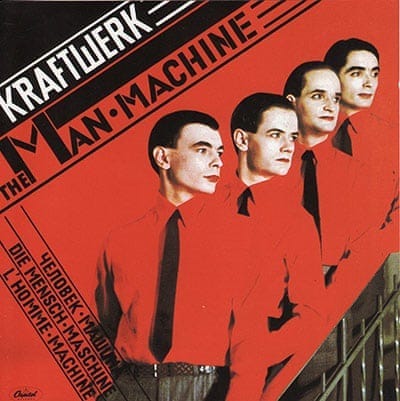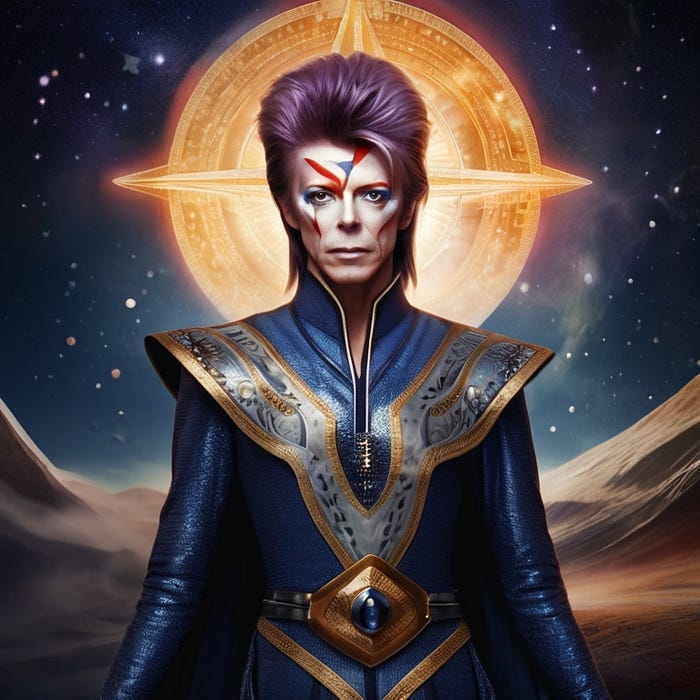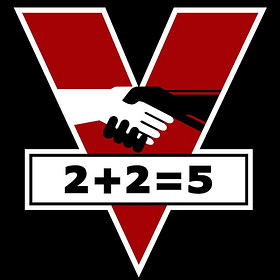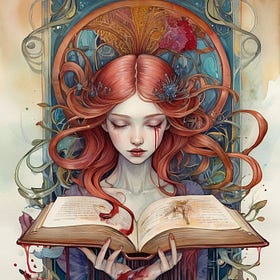Technology can make an amateur look like a professional, and consequently will make a professional look like an amateur.
This idea has followed me for decades. I am an engineer who not only must develop advanced technology, but to realise this I must turn to the latest technology for support. The moment a new development environment, software tool, CAD package, hardware component or manufacturing method becomes available, we are all over it.
The design cycle becomes faster. Greater complexity offers higher performance. Simulation manages risks sooner. We realise functions never before possible. Presentation becomes slick.
And yet, to deploy such convenient technology can make one feel such a fraud. Consider the early use of 3D printing in presentations and pitches. As designs were passed around corporate boardrooms, to be marvelled at by the audience, I knew full well how easily this novel technology had allowed me to produce this innovation theatre.
Everybody is exercising every tool that they can to gain that edge over the competition. The support that technology can offer will enhance your performance, your reach and your engagement. In doing so, new technology can close the gap between the expert and the amateur.
I have previously written on how technology kills art. However, nuance connects either side of most stories. What is the alternate perspective?
A rising tide will lift all boats. If a new technology can improve performance this does not only support those with mediocre skills. The employment of new technologies may be elevated by those who outclass all others.
Giovanni Bellini (1430-1516) transformed Venetian painting, steering it towards a more vibrant and expressive style. Bellini adopted recently introduced oil paints to produce vivid hues and intricate shading. This influenced the Venetian painting school to leave a lasting impact on his students Giorgione and Titian.
The first acid etched prints onto paper were printed towards the end of the 15th century. In the 17th century Rembrandt (1606-1669) adopted intervening advances to this technology, took the technique to extremes and in his lifetime gained the reputation as the greatest artist in the history of the medium.
The electronic band Kraftwerk, formed in Düsseldorf in 1970, are pioneers of electronic music who embraced synthesizers, drum machines, and vocoders soon after their introduction. Their innovations influenced a diverse range of modern music, including synth-pop, hip hop, post-punk, techno, house music, ambient, and club music.
If a master carpenter eschewed the use of any tools, to develop the skill and strength required to hammer a nail in with his fist, would this make him a better carpenter?
A tool can offer anyone the means to produce. However, a tool is as effective as the hand that wields it. Nowhere is this more obscured than the advent of AI.
The internet is awash with AI generated content. Anyone can now wield this tool to quickly and conveniently produce prose or images of sufficient quality to decorate online content. My AI generated Mona Lisa isn’t going to win any accolades, but makes the point sufficiently well to accompany this article.
Technology clearly offers to me tools that offer content far in excess of my ability to produce it using more traditional tools. However, it also offers talented artists tools to elevate their own performance.
This begs a question, which I’ll ask with an example.
David Bowie (1947-2016) was an English singer, songwriter, musician, and actor, and is recognized as one of the most influential figures in 20th-century music. Throughout his career, Bowie was characterized by constant reinvention and a distinctive visual style, leaving an enduring impact on the landscape of popular music through his innovative music and stage performances.
Bowie died in 2016, not long before the wide proliferation of AI tools that have provoked an online gold rush to produce a prodigious volume of content. Under this tsunami of tools and easy output, this does make me wonder.
How would Bowie use AI?
It’s probably wise to end this article right there, on that question. Consider the hubris I must exhibit to second guess one of the most creative and innovative performers in history.
However, my specialism is innovation and new concept development. Making a fool of myself with wild predictions is an occupational hazard, so I’ll take a stab at it and invite you to offer your own in the comments.
Bowie was famous for reinvention, and performed under the guise of many persona. Ziggy Stardust served as Bowie’s onstage alter ego from 1972 to 1973. Ziggy was an androgynous extra-terrestrial rock star who arrived on Earth ahead of an imminent apocalypse to convey a message of optimism.
Garnering a substantial fan base and being revered as a messiah, Ziggy ultimately meets his demise, succumbing to the pitfalls of fame and excess. The character was designed to represent an extravagant, sexually liberated rock star, offering a critique of a culture that elevates celebrities to a deity-like status.
Bowie outlived Ziggy. However, with AI in the hands of Bowie today, could Ziggy have been crafted into an AI generated persona? Could Bowie have assembled unique lyrical fragments and musical structures for the sole use of Ziggy to draw upon? With Bowie offering a unique source to generate new material, could Ziggy still be performing today? Could Ziggy have outlived his creator?
Might Ziggy play on with his guitar?
The problem with problem solving
Formal problem solving is a curse. I’ve spent fifteen years trying to understand how a problem is solved rationally. How to identify and resolve contradictions. This seems to have been the objective of the Russian, Altshuller. He developed an algorithm for problem solving that I find very powerful. The TRIZ framework is not merely a mechanism to break y…
The Most Constant Constant.
I returned from the book binders, many years ago, with my thesis clutched to my chest. Arms crossed protectively over its now hard back. Green fabric covers that sleeve four years of my research and my life. A single copy and I would at long last be Doctor. And yet, within these pages still lurks a hidden pain for which …













